Tatu City Sets New Safety Standards with Tech-Driven Urban Planning
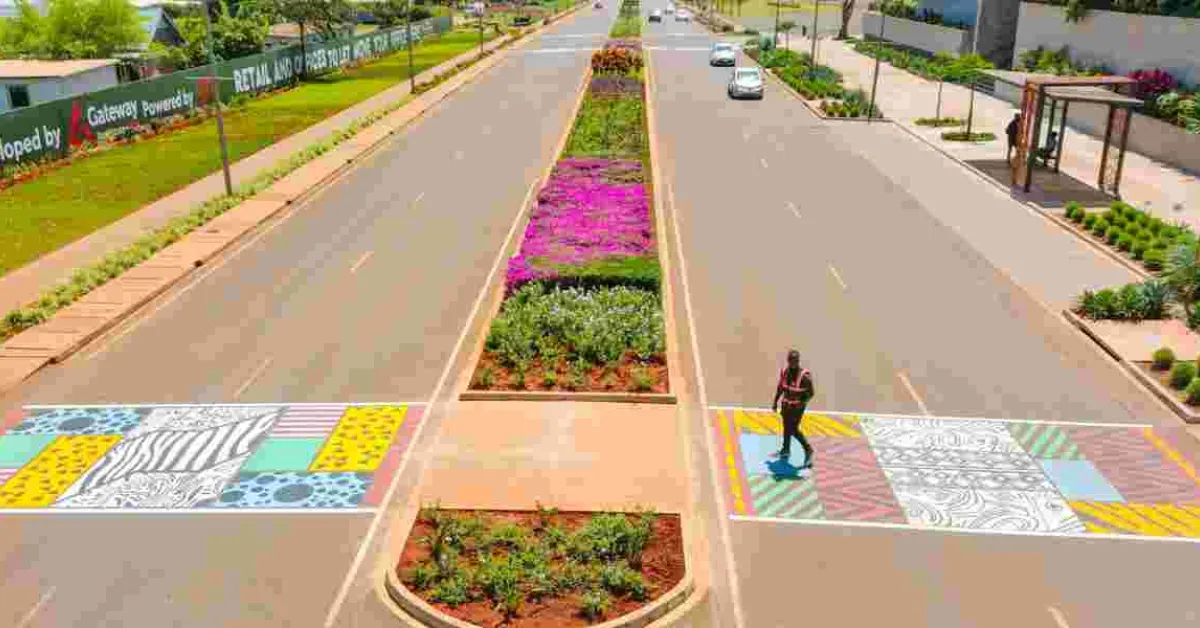
Tatu City, a 5,000-acre urban development located near Nairobi, has recently implemented a series of safety enhancements designed to raise the standard of urban living in Kenya.
These initiatives, developed in collaboration with local businesses, residents, and community stakeholders, integrate advanced technology, innovative pedestrian crossing designs, and strict traffic regulations. A key component of Tatu City's safety strategy is the introduction of locally trained traffic marshals. Equipped with body cameras, these marshals enhance transparency during interactions with the public while patrolling the city on motorcycles and e-bikes.
They are tasked with enforcing regulations by issuing fines for infractions such as speeding and littering. Martin Kiarie, the City Operations Manager, claims this initiative has positioned Tatu City as the safest city in Africa, emphasizing the critical role of rule adherence in protecting families, employees, and visitors. In addition to traffic enforcement, Tatu City has implemented a Contractors Code of Conduct that oversees operations at over 175 construction sites.
Enforced by the Development Control Company and Health & Safety Team, this code is a crucial part of the city's commitment to workplace safety, exemplified by the reported zero serious injuries in 2024. The city has also unveiled innovative pedestrian crossings, designed by Urban Designer Peter Omondi. These crossings, which feature dynamic African patterns, serve not only as functional elements but also as artistic representations of cultural heritage, ultimately enhancing pedestrian safety.
Governance in Tatu City is guided by the Master Declaration of Covenants, Conditions, and Restrictions, which requires compliance with traffic policies and safety regulations for all who enter. This regulatory framework bolsters high safety standards through enforced speed limits and fines. Tatu City extends its focus beyond road safety to include recreation and wellness, marked by the establishment of a new outdoor gym at City Park—the largest of its kind in Kenya.
This facility includes advanced equipment such as sky steppers, rowers, and health walkers, encouraging community fitness. Sports enthusiasts have access to various facilities, including a five-a-side football pitch, a standard basketball court, and over 100 kilometres of interconnected walkways, cycling paths, and nature trails. Additionally, the Green Link, a sustainable network, seamlessly connects Tatu City's green spaces and recreational hubs.
The city has witnessed significant sporting events, such as Kiambu County’s largest running event, which attracted over 5,000 participants, and is set to host the upcoming Loop Safari Race Series. Currently home to 26,400 residents, workers, and students, Tatu City anticipates a population increase to 250,000 upon full completion.
The development already hosts 88 businesses, a mix of global and local enterprises, attracting substantial investments. Notably, the construction of a KES 2.8 billion medical oxygen plant by Hewatele, supported by funding from the US, Canadian, and Finnish governments along with the Soros Economic Development Fund, highlights the city's growing commercial significance.

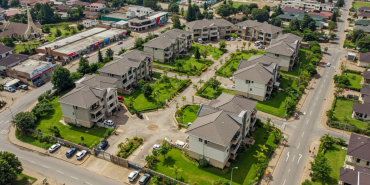

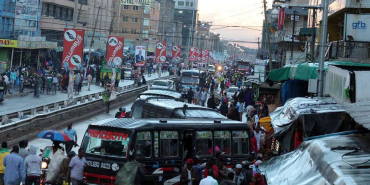
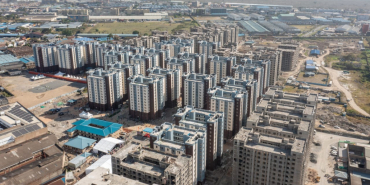
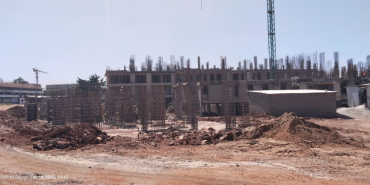
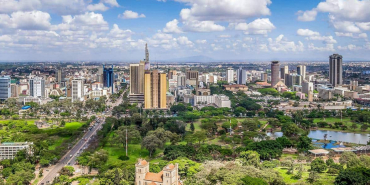
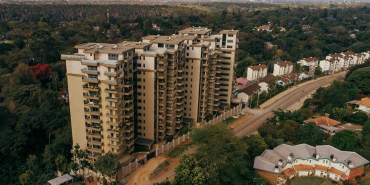






Add new comment